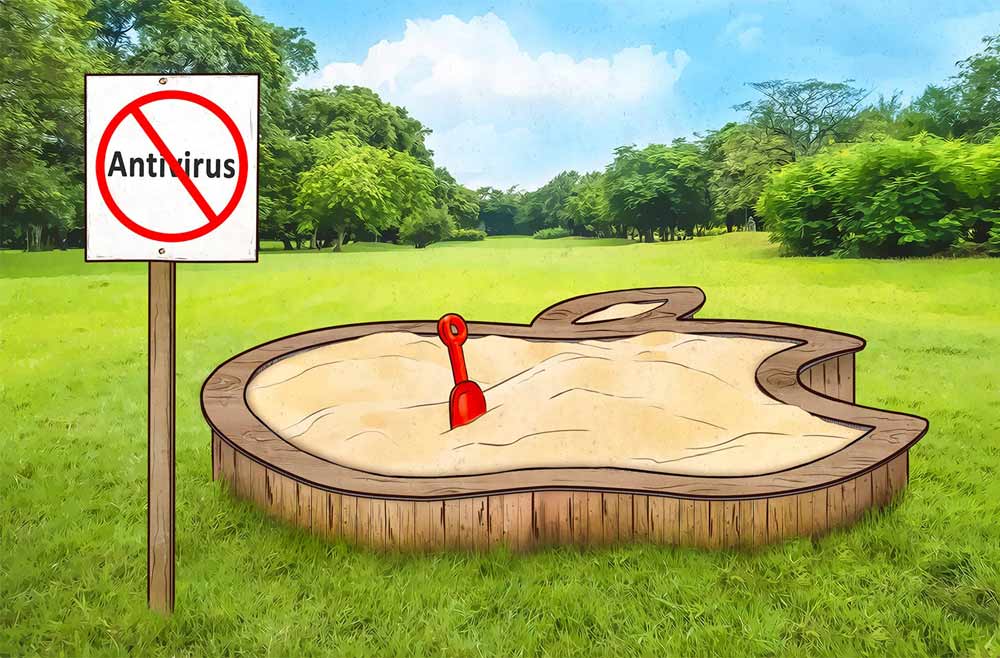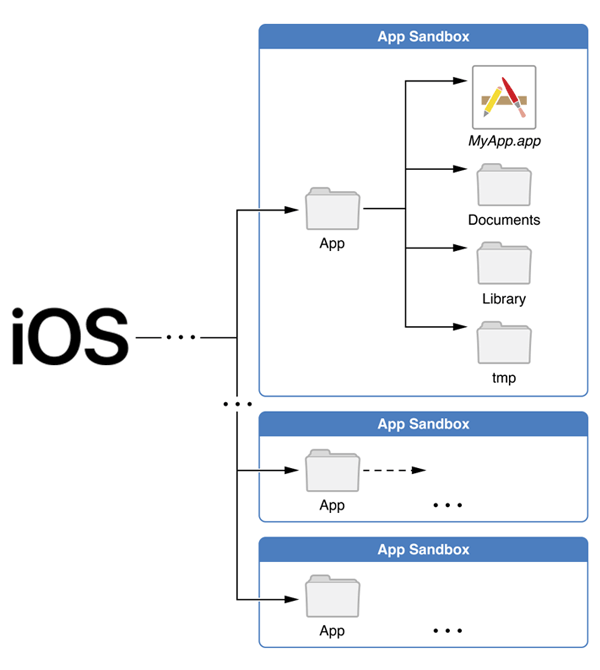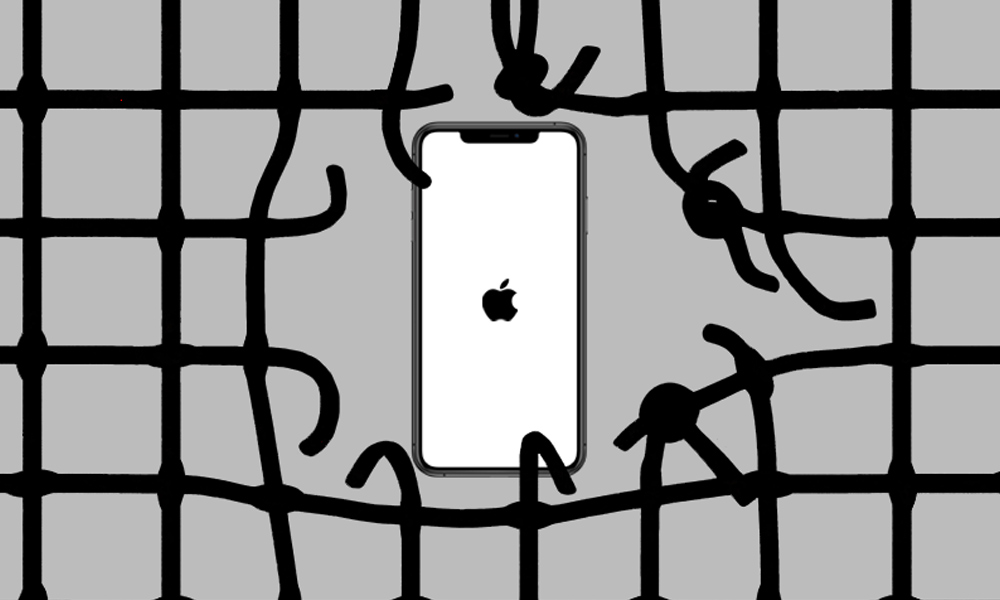In the malware and hacker-ridden digital world, people have long believe that every device needs an antivirus software.
This is true for the many devices and platforms out there. But unlike most of them, Apple's iOS that powers iPhones and iPads doesn't really need antivirus, and there are reasons for that.
First of all and for short, Apple said that it "designed the iOS platform with security at its core." Apple has made sure that iPhone and iPad owners don't need any antivirus solution, whatsoever.
As for the long answer, in order for antivirus software to work, it needs hooks into the operating system. These hooks provide deep access to the operating system to monitor what's going on and what's running. Any antivirus solution has to be able to watch what other apps are doing and intervene if an app’s behavior is suspicious.
Apple's iOS doesn't allow apps to do such thing in its system, because it's designed to deeply separate apps from the rest of the system.
The operating system also prevents apps from gaining the permissions they need to do any significant change.

A traditional antivirus application for Windows or macOS has full access to the operating system, and uses that privilege to access and scan installed apps, observe their behavior, analyze files and their code, all to ensure that no malware is installed or running.
Apple's iOS however, is unlike Windows, MacOS, or Android.
Installed apps on iOS run in a 'sandbox'. This method creates partition for apps to work only in their dedicated secure environment. This essentially limits their access, secluding them from other apps' data. This in turn makes them unable to peek into other apps' data, let alone tampering with the operating system’s files.
Under iOS, apps won’t be able to compromise anything; they won’t be permitted to work outside their own sandbox, where only their own data is stored and processed.
They could access photos, for example - but only if the user give them permission to access their photos.
On Apple’s iOS operating system, any “security” apps installed are forced to run in that same sandbox as all other apps. They can’t even see the list of apps the user has installed, let alone scan anything on the device for malware. Even if the user has the most dangerous malware, even the most reputable antivirus app won't be able to see it.
In other words, antivirus cannot do much if installed.
Apple guards iOS devices' security measures so closely that the most people can do is install iOS updates, which normally include security fixes.
In addition to that security measures, Apple also restricts installation on iOS devices to only apps from the official App Store. The company has really tight control over what is allowed into its store, reviewing the code of all apps before approving anything.
So, for the time being, iOS is proving that its architecture is strong enough to not need antivirus software.
Read: Apple App Store's First Malware

Antivirus vendors do offer their products for iOS devices, but they're not really antivirus software.
"Antivirus" on App Store are either "security" apps that may contain useful security features such as antiphishing and antitracking modules, VPNs, parental control utilities, password managers, ad blockers, antitheft solutions, or any combination of those, but no "antivirus" functionalities.
Various iOS security apps made by antivirus vendors vary in their functionality, and they indeed may be helpful as they can provide an additional measure of security.
But iOS users may not need them because iOS by default, already provides the security needed to protect anything inside the phone.

While iPhones and iPads are literally secured, they aren't completely fool-proof devices.
Apple's iOS devices may also have backdoor flaw, which may turn the devices into hostages. Cybercriminals may find new ways to exploit vulnerabilities in iOS, or fool the Apple personnel who review apps, once in a while.
What's more, all of the above iOS advantages are eliminated if iPhone users jailbreak their device.
Jailbreaking allows users to install apps not from the App Store, which means that those apps aren’t checked for malicious behavior by Apple. Jailbreaking also allows installed apps to run outside of the normal security sandbox.
Or, if users have enterprise developer account that lets them use Mobile Device Management [MDM] to install apps from third-party sources, they too can make their iOS device more vulnerable.
And let’s not forget that other threats that can haunt anyone regardless their platform.
For example, threats that include phishing scam, spam, network data interception, and so on and so forth, not to mention privacy threats.